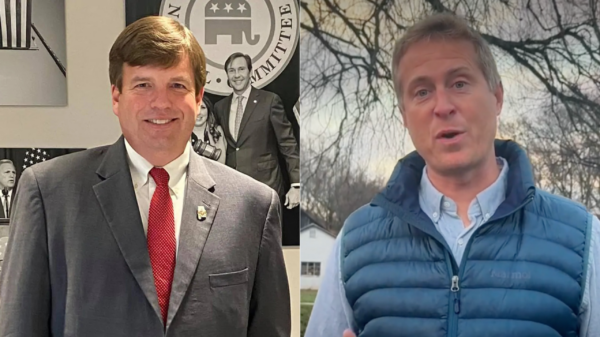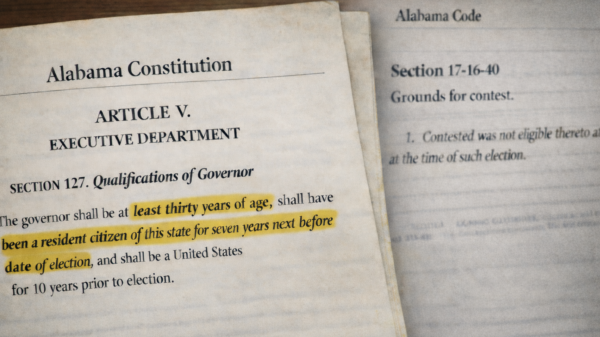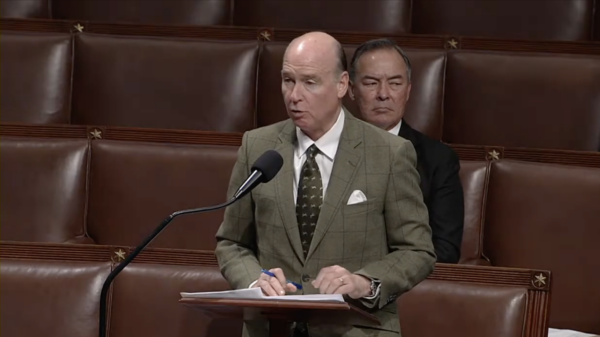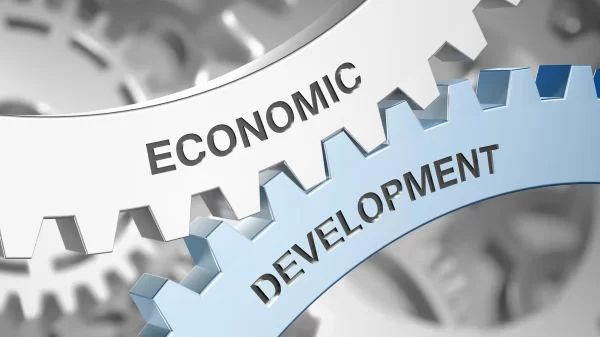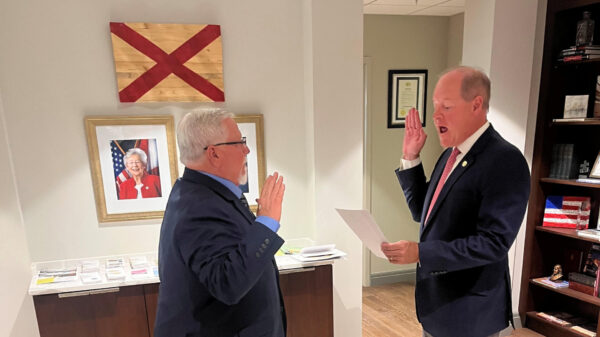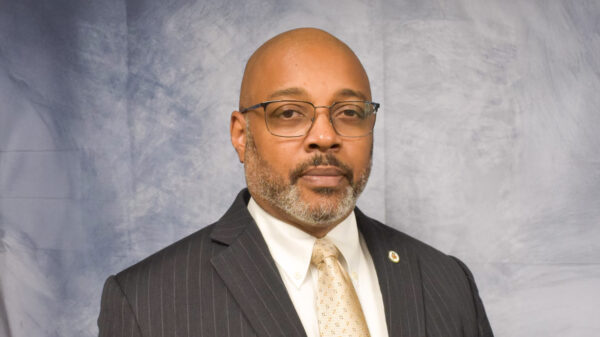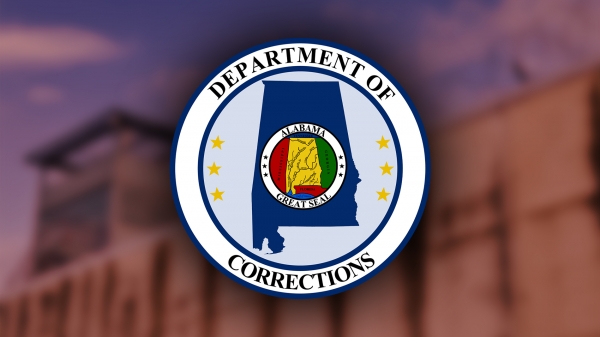From behind the walls of Alabama’s prison plantations, I’ve spent years organizing, educating, and challenging a system built to silence and control. I’ve taught my fellow incarcerated brothers and sisters that transformation is possible — that we can grow, heal, and return to our communities with dignity.
But legislation like SB324, recently introduced in the Alabama Senate, undermines all of that.
SB324 is not reform. It’s a control tactic. The bill expands the Alabama Board of Pardons and Paroles from three to five members — and requires that at least two have law enforcement backgrounds. That’s not about fairness. That’s about ensuring a pro-incarceration mindset dominates every vote. It shifts the board further away from rehabilitation and closer to punishment at all costs.
Worse, the bill extends parole reconsideration periods. Under SB324, if someone is denied parole, they may have to wait up to ten years before being reconsidered. That is a psychological sentence in itself. It tells people that no matter how much they change, they will be judged forever by who they were — not who they’ve become.
This bill contradicts everything I’ve stood for. Everything I’ve taught. It tells people there’s no point in doing better — because the system isn’t built to recognize that growth. It’s built to keep you locked away.
And all of this is happening while Alabama builds new mega prisons. These facilities aren’t about public safety — they’re about capacity. About control. SB324 helps keep those beds full. It ensures that fewer people get out, and those who are denied have little hope of release.
I’ve seen how the system retaliates against people like me who speak out. I’ve been silenced, stripped, and thrown into suicide cells for telling the truth. But I keep speaking because silence is complicity. And with the Alabama Department of Corrections bracing for increased CERT team activity this summer, we’re facing what could be one of the deadliest, most violent seasons in ADOC history.
This bill is not harmless. It’s a warning. If we don’t push back now, we’ll watch the state cement a future of longer sentences, fewer second chances, and more deaths behind bars.
To those in power: if you truly believed in rehabilitation, you’d shorten wait times, add community voices to the board, and invest in real reentry support — not just risk assessments and sanctions.
To the people outside: don’t be fooled by fancy language. SB324 is not progress — it’s policy violence. And I may be behind these walls, but I will never stop calling it what it is.


